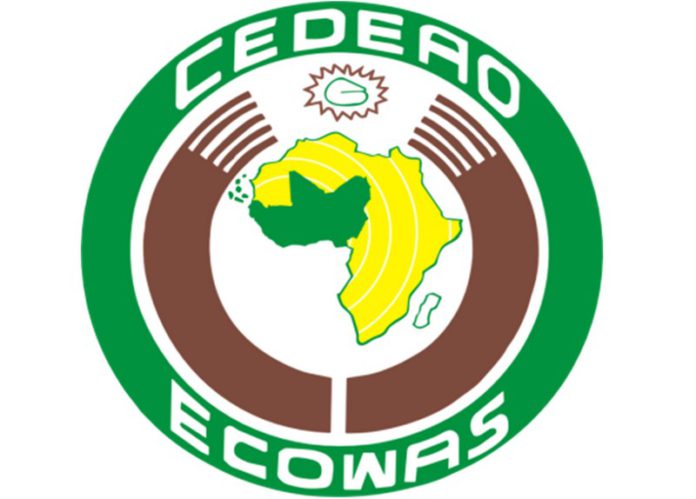The Economic Community of West African States (ECOWAS) has since its establishment in 1975 acted as a norm entrepreneur, with democracy promotion as a critical area of concern.
Its instituted frameworks seek to deepen and modify member states’ behaviour to voluntarily accede to its rules, norms, objectives and principles.
However, eliciting member states compliance with democratic norms have faced significant challenges since 2020. Burkina Faso, Guinea, Mali and Niger have experienced democratic reversals by using insecurity and corruption as justificatory rationales for unconstitutional changes of government. In response, ECOWAS has sought to enforce and elicit compliance with its norms from recalcitrant member states, while simultaneously balancing and ensuring that ad hoc cooperative security initiatives involving these states can deal with extremist threats in the Sahel and the coastal states.
Negotiating the pitfalls posed by inconsistently enforcing its democratic ethos has undermined ECOWAS’s credibility. Nearly 50 years of integration processes are under threat of collapse. The paper argues that understanding and appreciating the complexity and multiplicity of reasons leading to these reversals and how ECOWAS responds to and applies its mechanisms consistently and predictably is key to reversing unconstitutional changes of government, while providing security guarantees and sustaining its institutional integrity. It concludes by offering some recommendations and suggestions for embedding and deepening constitutionalism and democratic practices among its Member States.


